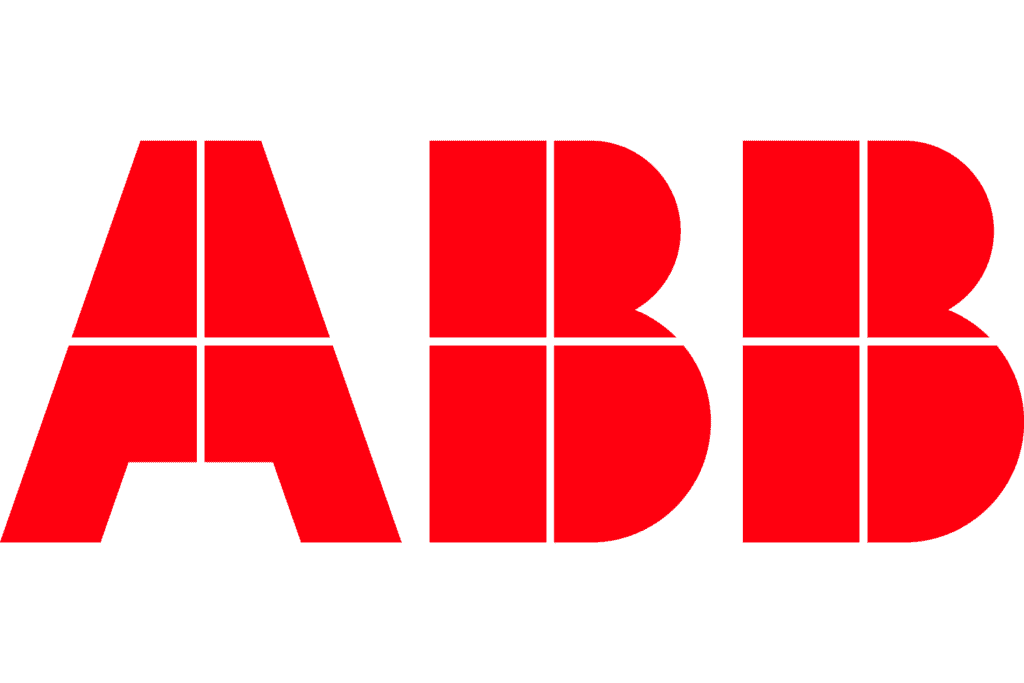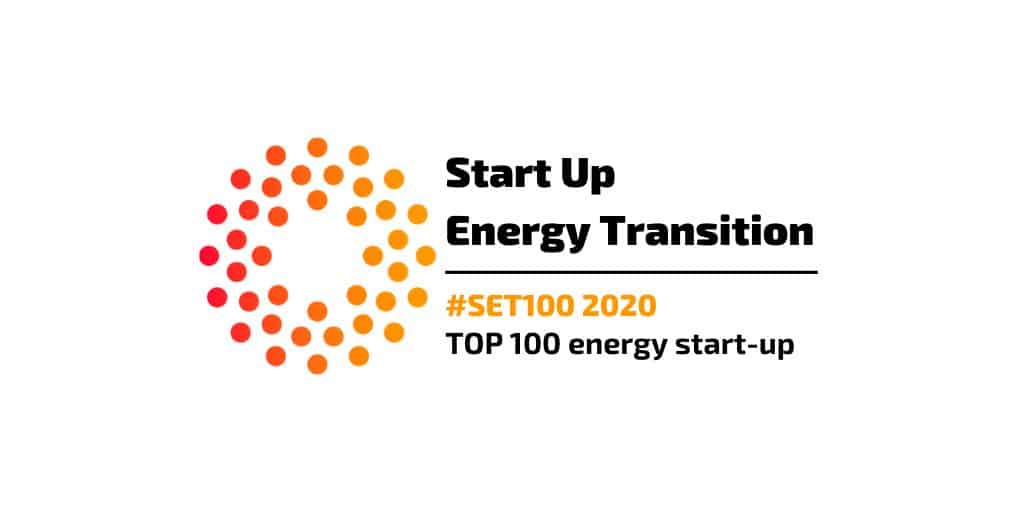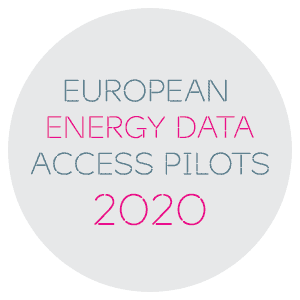With the new iteration of electric vehicle-to-grid communication interface ISO 15118 expected later this year, we caught up with our Sales Lead Dieter Jong to discuss the so-called Plug & Charge standard and get his thoughts on an EV charging future without the need for charge poles.
Let’s start with the basics – what exactly is ISO 15118?
ISO 15118 is the international standard which sets out the communication protocols between an electric vehicle and the charging station. It enables functionality known as Plug & Charge, which, in simplified terms, automates the vehicle identification and payment processes so all the driver needs to do is plug in the car. The car communicates directly with the charging station and all authentications and billing are settled automatically, seamlessly via the cloud. The original ISO 15118 standard was established around 7 years ago and the new updated version is expected this year.
What benefits does ISO 15118 offer?
I really like the vision of ISO 15118. It aims to streamline the process for the EV driver so there’s no longer any need to present an RFID tag to identify the vehicle before charging, swipe a credit card to pay or even worry about the pricing. With Plug & Charge vehicle-to-grid communication, that’s all handled through existing charging contracts with the mobility service provider. In my opinion, the process aligns well with the overarching goal to create a more consumer-centric system within both e-mobility and energy. That capability to integrate real-time data, complex algorithms and advanced data processing technology has already revolutionised industries like telecoms and insurance with visible benefits for the consumer. E-mobility and energy need to catch up and Plug & Charge is a solid step forward.
It certainly sounds promising but are there any downsides?
Inevitably, yes, and most of the challenges lie in the sheer complexity of the EV market. There are currently so many different players up and down the value chain, from car manufacturers (OEMs) and mobility service providers (MSPs) to charge pole operators (CPOs) and electricity suppliers. Closed proprietary loops are the norm, which has made interoperability – making each charging point compatible with every EV – a huge challenge to date. ISO 15118 looks to change this by opening up the ecosystem to all players, but right now that Plug & Charge functionality hasn’t yet been widely rolled out by either manufacturers or charge pole operators. Upgrades are needed but it’s a slow process.
The other issue for me is that, rather than simplifying that value chain as you’d expect, Plug & Charge actually adds extra layers of complexity. Enabling the vehicle authentication and financial transactions to take place without the direct input of the driver involves complex back-end IT architecture, largely to protect the data being exchanged. At a basic level, that requires encrypted security certification and the need for an independent certificate authority, yet another player into the mix. The other key thing to consider is that some smaller businesses or operators may not even have the digital capabilities required to enter into the Plug & Charge ecosystem, which potentially closes off the market and reduces consumer choice.
Now, I’m not saying that ISO 15118 is the wrong move for the industry. This system makes great sense for public charging, for example, at a supermarket, where vehicle identification, billing information and similar are all necessary because of the volume of drivers with different OEMs requiring the charging facilities on a daily basis. But in a home or work setting, where 80% of charging takes place, it is far too complicated. There is a certain irony here that Plug & Charge is looking to streamline the traditional EV ecosystem to improve the experience for drivers, but to do so requires the addition of even more players into an already crowded market.
So do you believe there’s an alternative solution?
Yes absolutely – the process can be simplified by removing the charge pole which, for me, holds no value for charging in a private setting. We only need a connection directly between car and utility. The car is charged using a simple 16-amp socket with the appropriate fusing, with no need for expensive charging infrastructure. Charging an EV in this way is perfectly possible and avoids the consumer needing to pay up to €1,500 for a connected home charge point. It simply isn’t the norm because CPOs have been arguing that for electric security reasons, a charge pole would be a necessary additional piece of hardware, which it isn’t. It’s mere functionality is to enable communication to the car and wider ecosystem about the charging sessions. That communication can however be perfectly handled by the car directly, without any need for a charge pole.
With this model, the relationship and the electricity supply contract sit directly between the mobility service provider and the EV driver. The only additional party that you would perhaps need is an API platform in the middle to handle connectivity, integrating the OEM API with the energy-specific API from the electricity supplier.
I have no doubt that standards such as ISO 15118 are moving the industry in the right direction by focusing on improving that frictionless data exchange for consumer benefit. But I believe that to bring about real transformation in e-mobility, we shouldn’t just be looking at the next step. We should be looking two or even three steps ahead to a future where we’re not reliant on expensive physical infrastructure which continually needs upgrading, and where less is very much more.
To find out more about re.alto’s Connect Mobility data offering, visit https://realto.io/re-alto-connect/connect-mobility/ or drop us a line anytime.











